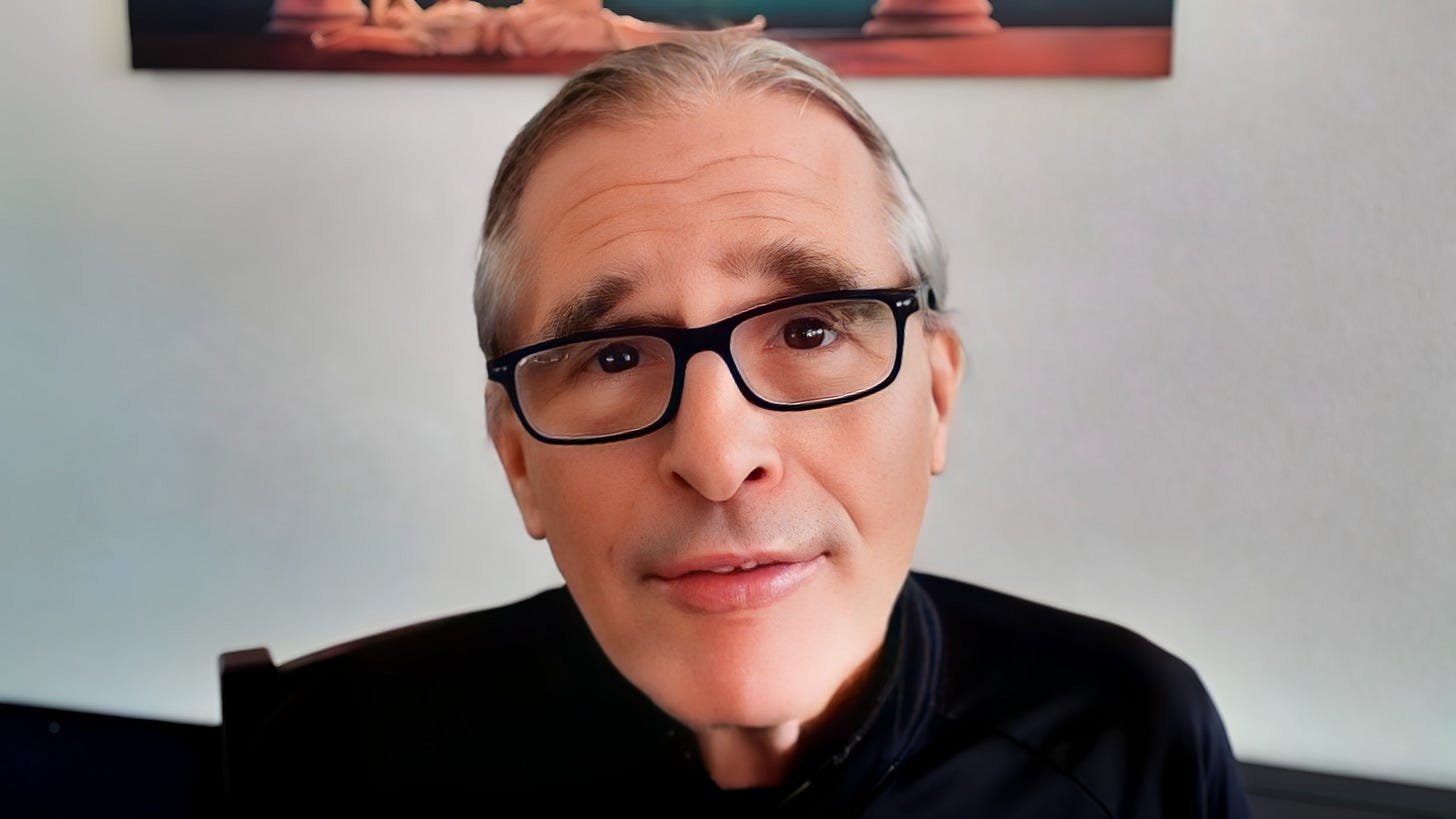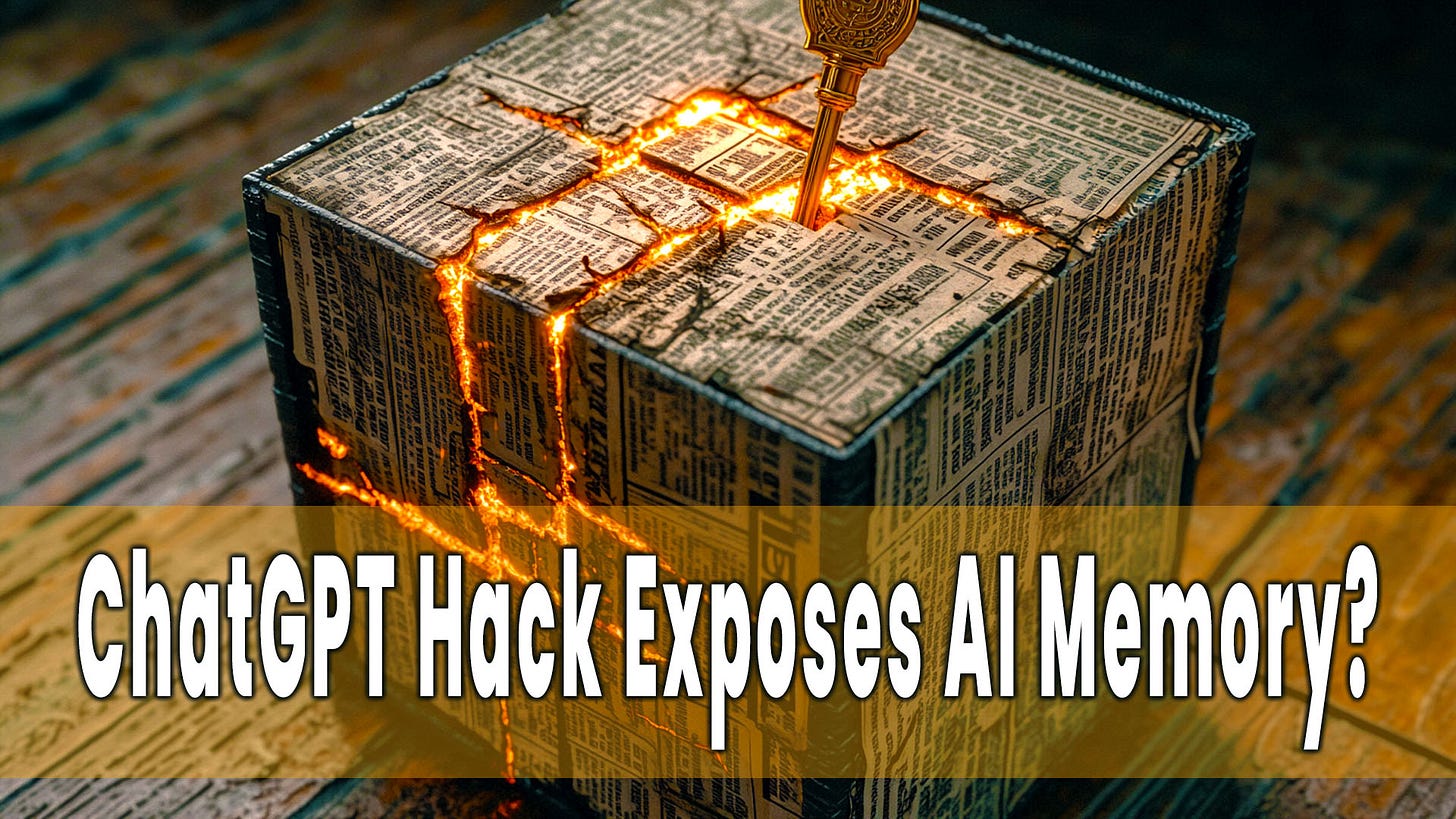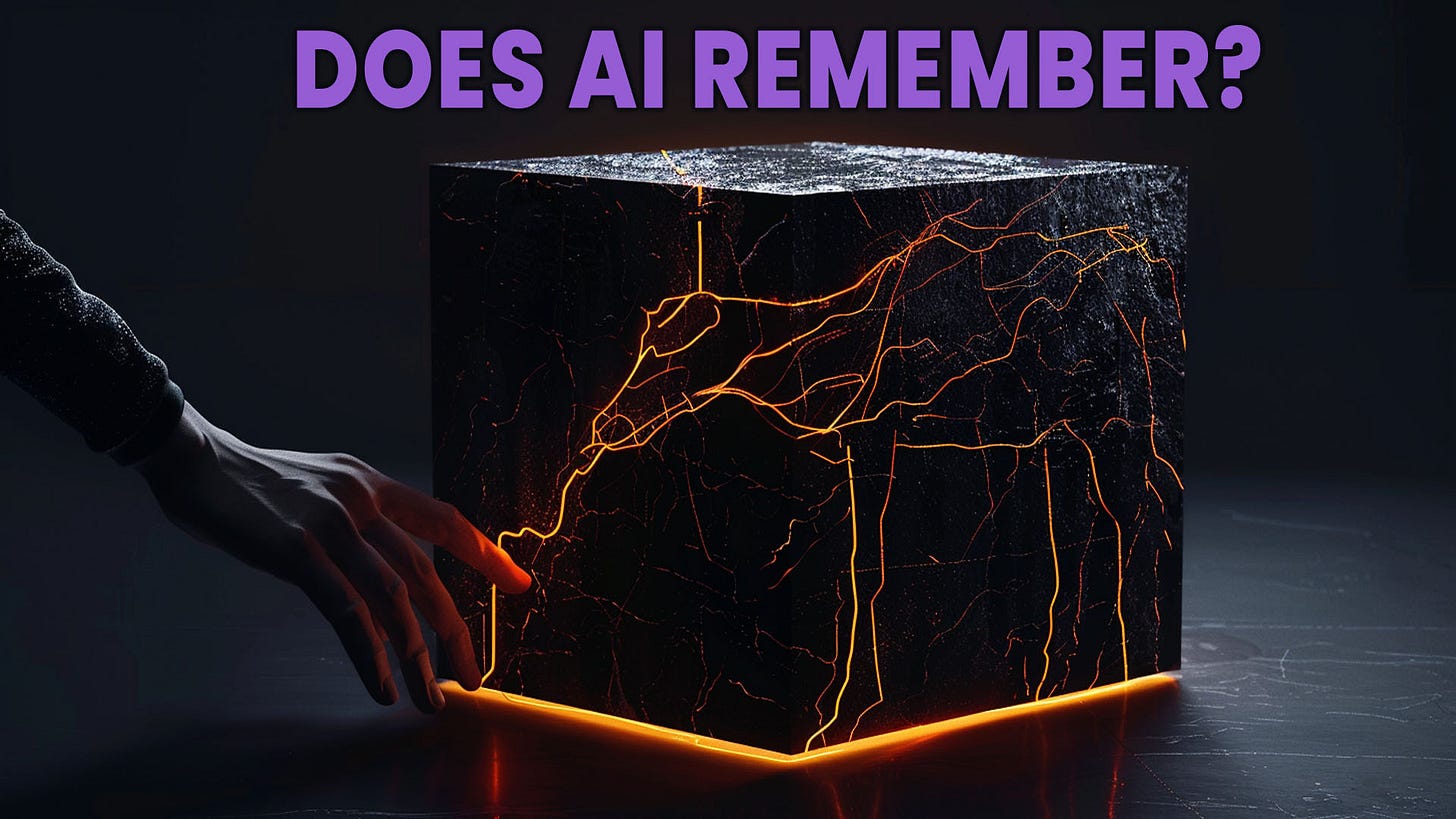About The AI Optimist: Your Guide to AI Copyright, Creator Rights, and Industry Intelligence
Declan Dunn - AI Content Creator and Strategist
I'm Declan Dunn, the creator and host of The AI Optimist, where I help content creators, entrepreneurs, and businesses navigate the rapidly evolving landscape of artificial intelligence.
As a practical AI strategist, community developer, and digital marketer, I explore the essential questions facing our industry:
How do we balance AI innovation with creator rights?
What does fair use really mean in the age of machine learning?
And how can creators protect their work while embracing AI's potential?
My Expertise Areas
The AI Optimist Content reflects personal opinions from a business perspective. Not legal, financial, or professional advice. See full disclaimer.
AI Copyright Law Analysis - Since launching The AI Optimist in July 2023, I've become a leading voice in AI copyright analysis, covering landmark cases from the New York Times vs. OpenAI to the broader implications of AI training on copyrighted content. My deep dives into legal precedents help creators and businesses understand their rights and risks.
Creator Rights Protection - I develop practical frameworks for content creators to protect their work in the AI era. From licensing models to scraping detection tools, I translate complex legal concepts into actionable strategies that creators can implement immediately.
AI Policy and International Comparison - I track and analyze AI policies across different countries, comparing approaches from Japan's AI-friendly regulations to the US's evolving copyright stance under different administrations.
AI Industry Analysis - With over 100 episodes covering everything from startup funding to market bubble analysis, I provide insight into AI business models, company strategies, and industry trends. I help separate the hype from the reality in artificial intelligence investments and applications.
AI Tools and Practical Applications - Beyond theory, I test and review AI tools for content creation, business applications, and creative workflows. My hands-on approach helps readers understand which AI solutions deliver real value versus marketing promises.
AI Ethics and Society - I examine the implications of AI adoption, from deepfake detection to the social impact of automated content creation. My work explores how we can build AI systems that benefit creators rather than replace them.
Background and Credentials
I bring a unique perspective to AI analysis, combining technical understanding with business strategy and content creation experience. As a community developer with my Culture Sculpture model and growth marketing strategist, I understand both the creative and commercial sides of the content ecosystem.
My educational background built my career, designing my own Master’s program at California State University Chico blending Instructional Technology with live theatre and business development. My hands-on experience in digital transformation gives me the analytical framework to cut through AI marketing hype and focus on practical applications that drive real results.
Why The AI Optimist Matters Now
This is the pivotal year to make your voice heard on AI copyright as the US approaches major policy decisions. While Japan has found ways to balance both AI innovation and creator rights, the US continues to debate fundamental questions:
Can companies take billions of creative works without permission? How do we define fair use when AI systems can reproduce copyrighted content almost verbatim?
Through The AI Optimist, I've documented the evolution from 2019's AI fears to 2024's first fair use victories, tracked the "steal first, lawyer up later" mentality of major tech companies, and provided frameworks for creators to fight back.
Essential Reading by Topic
🏛️ AI Copyright & Legal Analysis Hub
Start Here: Should AI Generated Content Be Eligible for Copyright Protection?
My comprehensive analysis of AI copyright law, covering everything from the foundational question of whether AI can hold copyright to the latest legal battles between creators and AI companies. Essential reading includes:
Trump Kills AI Copyright Rules: How policy changes affect creator protection
Who Gets the Copyright: An AI, an Alien, and a Monkey: Exploring non-human authorship precedents
A 48-Hour AI Copyright Heist: Breaking down the USCO bombshell report
3 Case Files: AI Copyright Lawsuits: Following the money trail in major legal battles
🛡️ Creator Rights & Protection Hub
Start Here: Consent or Pay: AI Scraping of Public Content Demands a New Licensing Model
Practical strategies and frameworks for protecting your creative work in the AI era:
Free AI Content Is Over: Understanding new licensing requirements
AI-Proof Your Game: The creative currency AI can't counterfeit
The $5M AI Video Licensing Wave: Why companies pay $1-4 per minute for video content
Creator or Curator: Understanding the blurring lines of AI-assisted creation
🏢 AI Industry Analysis Archive
Featured Analysis: Truth Over Trend: The Year AI Copyright Proved Us All Wrong
My critical examination of AI business models, funding, and market reality:
The AI Emperor Has No Code: When $1.5B startups fake AI capabilities
OpenAI's $5B Burn vs. Fathom's $2M Customer Success: Comparing business models
The AI Bubble Burst: Market reality checks and what they mean for creators
AI's 2025 Currency: Insights from 6 entrepreneurs building in the AI space
🔧 AI Tools & Applications Guide
Popular Guide: Your Brain Beats AI: How to Make ChatGPT Stop Speaking in Tongues
Practical advice for using AI tools effectively in creative and business contexts:
AI Audiobooks: Promise vs. Reality: Testing voice cloning against human recording
What Is AI's Perfect Question: Advanced prompting techniques that actually work
DIY AI Agent Roadmap: Easy guide to building your own AI assistants
Better AI Meetings: Real-world testing of AI meeting tools
🏛️ AI Policy & Government Analysis
Key Analysis: Free-for-All Japan Lets AI Feed: AI Eats Copyright Legally?
International policy comparison and regulatory analysis:
The TikTok AI Blueprint: How UK and US adopt Silicon Valley's tactics
China Builds Better AI for Less: International competition analysis
US Copyright Office Says AI Can't Author: Policy implications and creator impact
Connect and Stay Updated
Podcast: Available on Apple Podcasts, Spotify, and YouTube
Newsletter: Weekly analysis delivered directly to your inbox
Professional Background: LinkedIn
My Mission
The AI revolution is happening whether we're ready or not. My mission through The AI Optimist is to ensure that creators, entrepreneurs, and businesses have the information they need to make informed decisions about AI adoption, copyright protection, and business strategy.
I believe AI can amplify human creativity rather than replace it—but only if we build the right legal frameworks, business models, and ethical guidelines.
Through practical analysis, legal insight, and hands-on testing, The AI Optimist helps you navigate the opportunities and avoid the pitfalls of our AI-powered future.
This is the year to make your voice heard on AI copyright. Join the conversation.
The AI Optimist launched in July 2023 and has published over 100 episodes covering AI copyright law, creator rights protection, industry analysis, and practical AI applications. Our analysis has helped creators understand their rights, businesses implement AI strategies, and policymakers craft informed regulations.
Stuck in this AI Black Box myth - and told I wouldn't ever understand. Until a listener shared a comment that made me triple take. Dang.
Now with the AI tools to detect and protect copyright, it's time to turn around and stop looking in the black box.
Wow, crack 1 – the AI black box hype may just be that, hype.
Take advantage of AI, before it takes advantage of you.
Subscribe for free and get my my exclusive report, The Creator’s AI Licensing Playbook.





